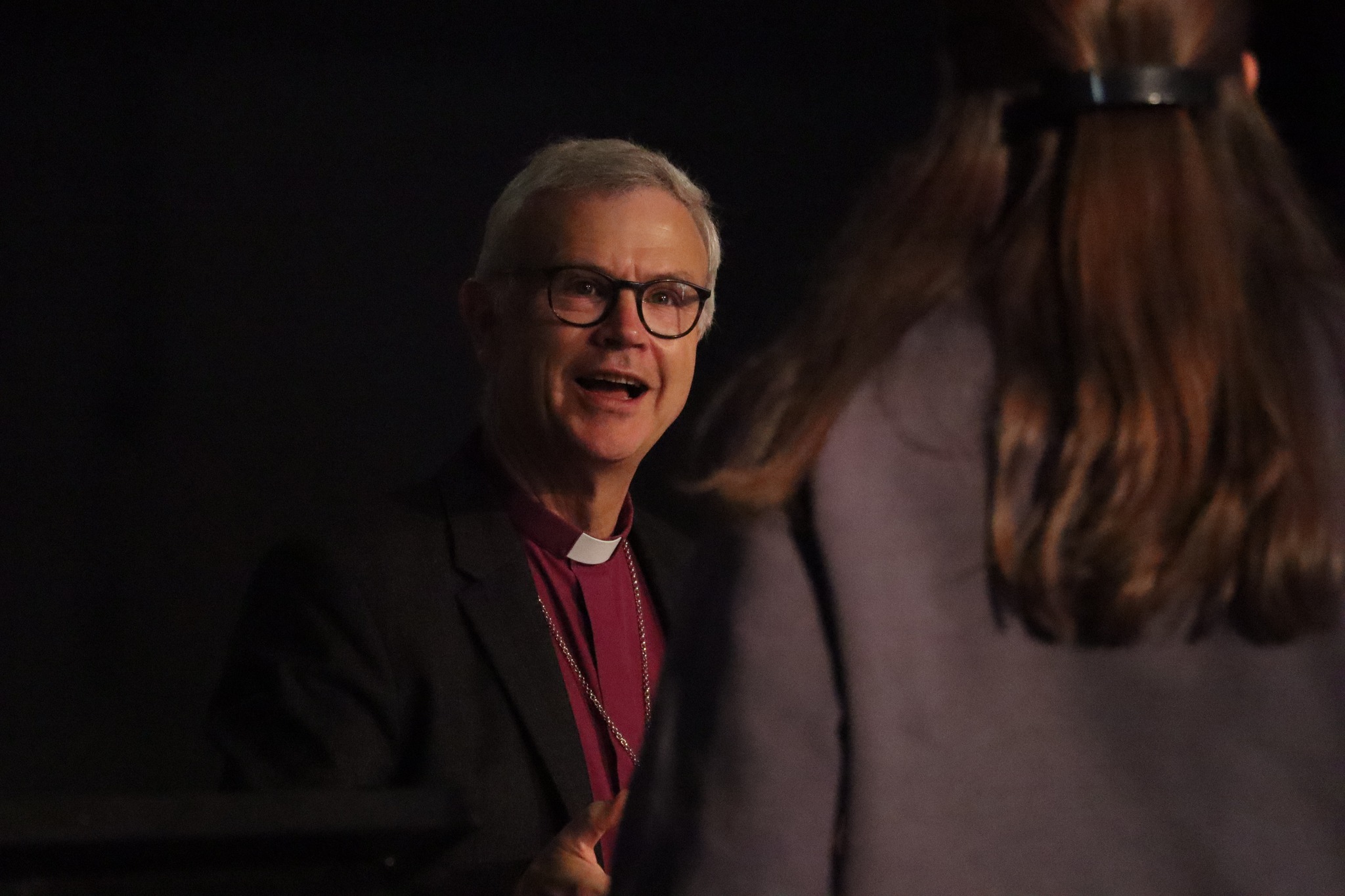I like the musical Wicked. In one very moving song, the witch Glinda sings: “that people come into our lives for a reason bringing something we must learn. And we are led to those who help us most to grow if we let them.”
Towards the end of her song, she and Elphaba sing: “because I knew you, I have been changed for good.”
Almost all of us know of the positive impact another person has on us. The bonds between us have been overwhelmingly helpful. Through them we have found more meaning, purpose, and connection in our lives. Our connection has helped us both for good – meaning both positively and for the long haul.
The lyricist for Wicked is practicing the ancient art of reflection. He is contemplating the human condition, recognising the potential for evil, and imagining the path to hope.
I describe reflection as an ancient art. It is something that people have done and improved over centuries. Reflection is an innate human desire. With practice we can become very skilled at it. We can experience things and endeavour to make meaning from them. Our insights can occur both in an instance and across a lifetime.
The Old and New Testaments are a collection of reflections gathered over centuries.
We know that after the verses were written, later generations reviewed and edited them. The authors and editors had a profound sense of God acting in creation. Their words reflect their perception of what God has done. In our generation, if we choose, these writings can influence our understanding of God and humanity.
One of the most beautiful poems in the bible is Genesis chapter 1. The poet reflects on God and tells us that human beings bear the image of God (Gen 1:27). We are told that after God creates people, God ‘steps back’ and surveys his work. God declares that “it was very good” (Gen 1:31). The poet believes that God wants human beings to know that they are a blessing to others and creation.
As the story of Genesis unfolds, the poet quickly takes us to the real world he experiences. People are not always a blessing to each other. They are cunning and conniving. They use their abilities for self-interest. They engage in politics and violence. People can be unthinking or just plain awful. Much of the Christian scriptures address wrongdoing which harms people and offends God.
Many forms of art and reflection remind us that it may take a lifetime to realise that there is good around us. It takes just as long for people to see wrongdoing and evil addressed. Part of the human condition is to know we are called to good but can do harm. As can everyone around us.
As Christians undertake this reflection they ask: ‘what sort of person do you want to be?’ And then, closer to home, they ask: ‘what sort of person do I want to be?’.
We reflect on the good we have done and address our sin. We want to positively contribute to the world around us. We want to make it a better place.
Another part of the Christian way is to tell stories about people who have done this well. We have poems, hymns and narratives which describe the lives of holy men and women. The stories of the saints inspire us to make positive choices: to live for good.
St Francis of Assisi cared for the poor and helped people to see the world as beautiful. St Teresa of Avila was a wise teacher who had a beautiful insight into the wonder of God. St John XXIII inspired renewal in Christian churches around the globe … and the stories go on.
What sort of person do I want to be? Do I want to be known as a person who helps people change for good?
In this Encounter, people give us the privilege of hearing their story, their desire to make a positive difference.
May their insights help us change for good.
Read more stories like this in our new edition of Encounter | Our People.
















